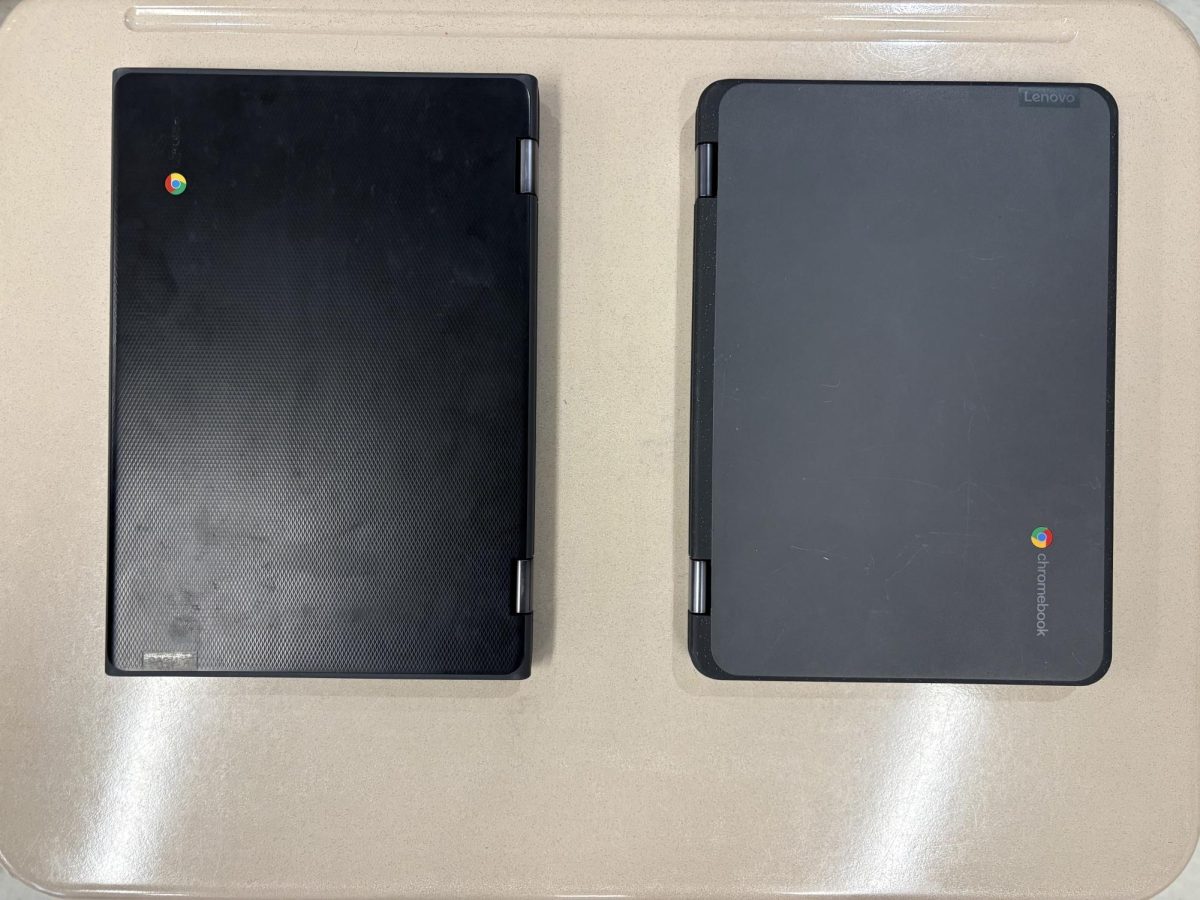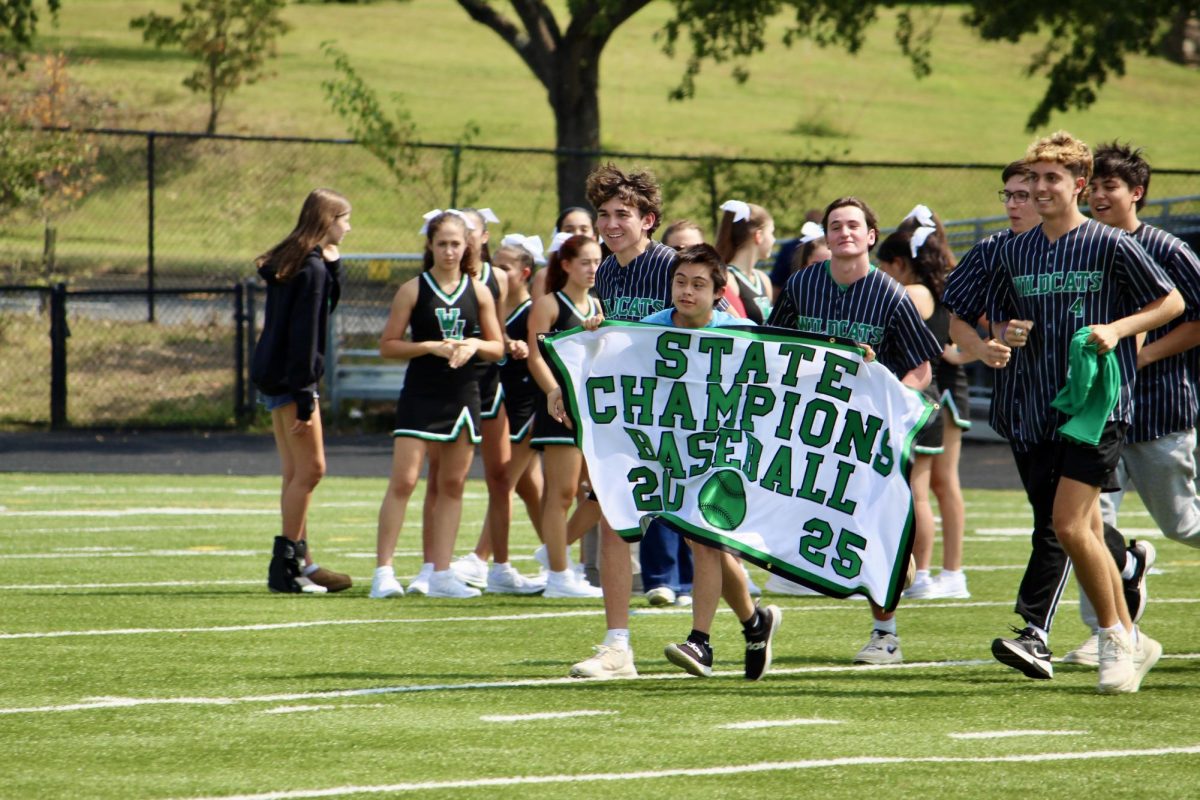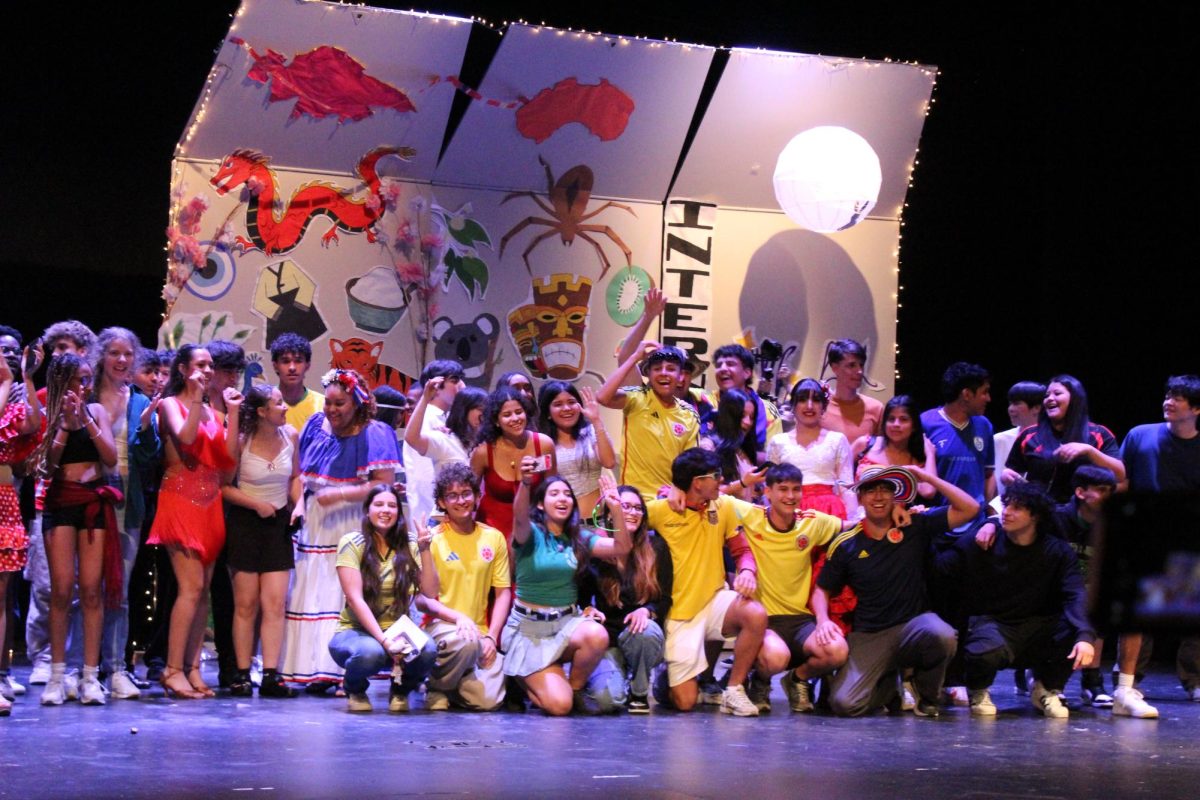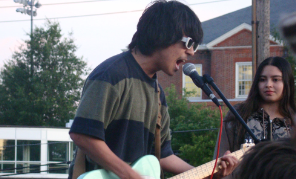This summer a religious literacy course will be offered for teachers at WJ. The class aims to expand their understanding of different religions and seeks to eliminate religious bias in the classroom.
The class will be taught by social studies teacher Mitchell Joy. Joy has been teaching this course for a couple of years now in addition to teaching the semester-long comparative religion class for students.
“The main point of the workshop itself is to get teachers comfortable with the students that they teach and be a bit more understanding perhaps of where they come from,” Joy said.
The class takes place over two days. Each day will consist of a six hour session with a one hour break. Speakers from many different religions including Sikhism, Islam, Judaism, Buddhism, Zoroastrianism, Hinduism and Christainity will come to speak to the class. They will also take questions from the teachers.
The class used to be a single day, but Joy received feedback that the course was too crammed and didn’t leave enough time to ask questions. As such, the class is now two days long, leaving lots of time for teachers to ask questions and gain a deeper understanding of the religions being covered.
Joy describes the course’s mission as enabling teachers to be more sensitive to the different religious beliefs of students in their classroom. He hopes that will enable teachers to create an environment where students feel comfortable being who they are.
While the Comparative Religion course for students is a semester long and differs greatly compared to the religious literacy course for teachers, both provide a deeper understanding of different religions. Joy also uses largely the same speakers for both courses.
“I think the most important aspect this class [comparative religion] teaches is tolerance and a lot of misunderstandings people think about certain religions and the difference between actual practitioners of the religion versus extremists. I think that’s important for everyone in this area to know about,” junior Lauren Kim said.
Kim also believes that a religious literacy class will help teachers better support their students.
“I think it [the religious literacy course] would be really beneficial. Kind of like Study Circles, where it’s more focused on social or racial aspects. I think if teachers are more aware of what religion their students may be, it makes a lot of students feel more comfortable in a classroom environment, allow[ing] them to be more understanding of whatever practices they can visibly see,” Kim said.















